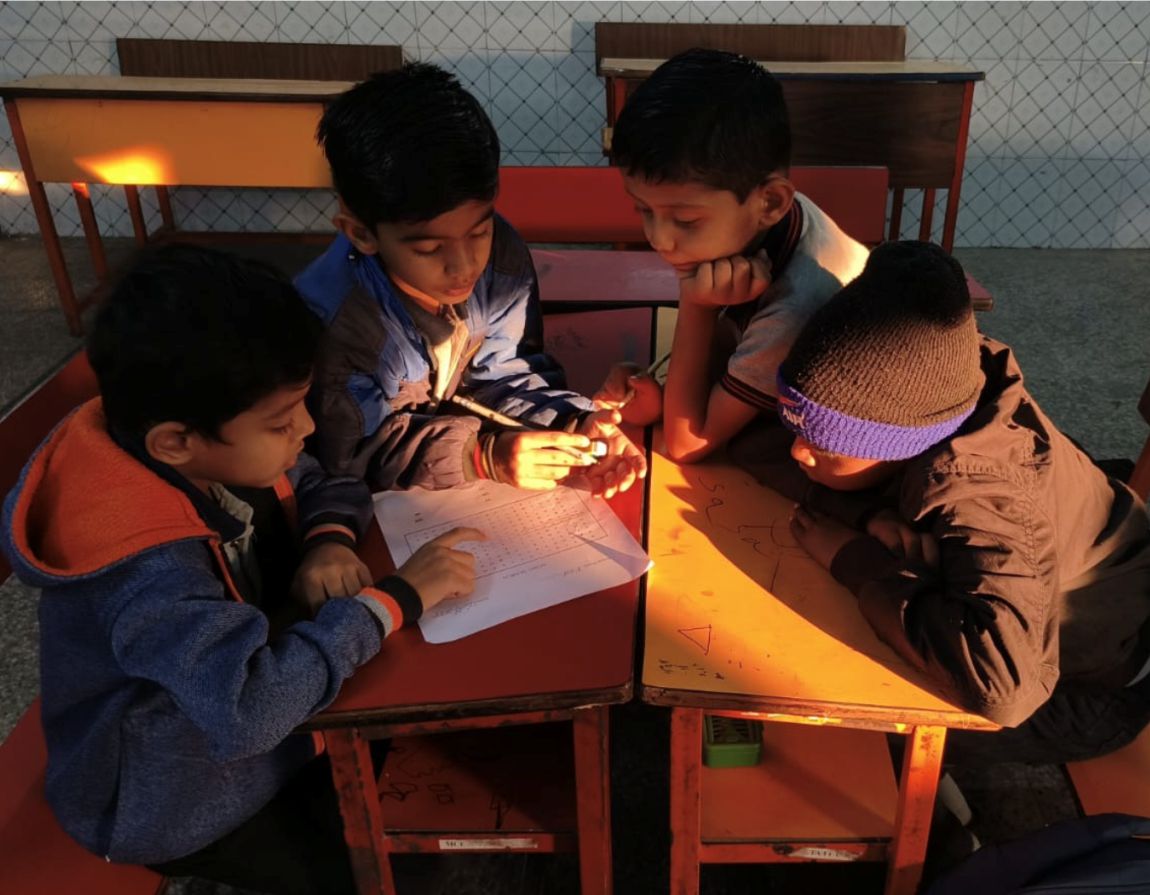Login
RIPPLE EFFECT OF THE I CAN FOUNDATION PROGRAMME
The Impact Study conducted by Sattva focused specifically on the implementation of Riverside Learning Center’s I CAN Foundation Programme.
The study followed a qualitative research methodology and a case study approach across five schools, analysing its impact on classroom culture, teaching practices, student agency, and student ownership.
The I CAN Foundation Programme consists of three foundational processes:
Conglom
Agenda Setting & Closing The Loop
Board Protocol
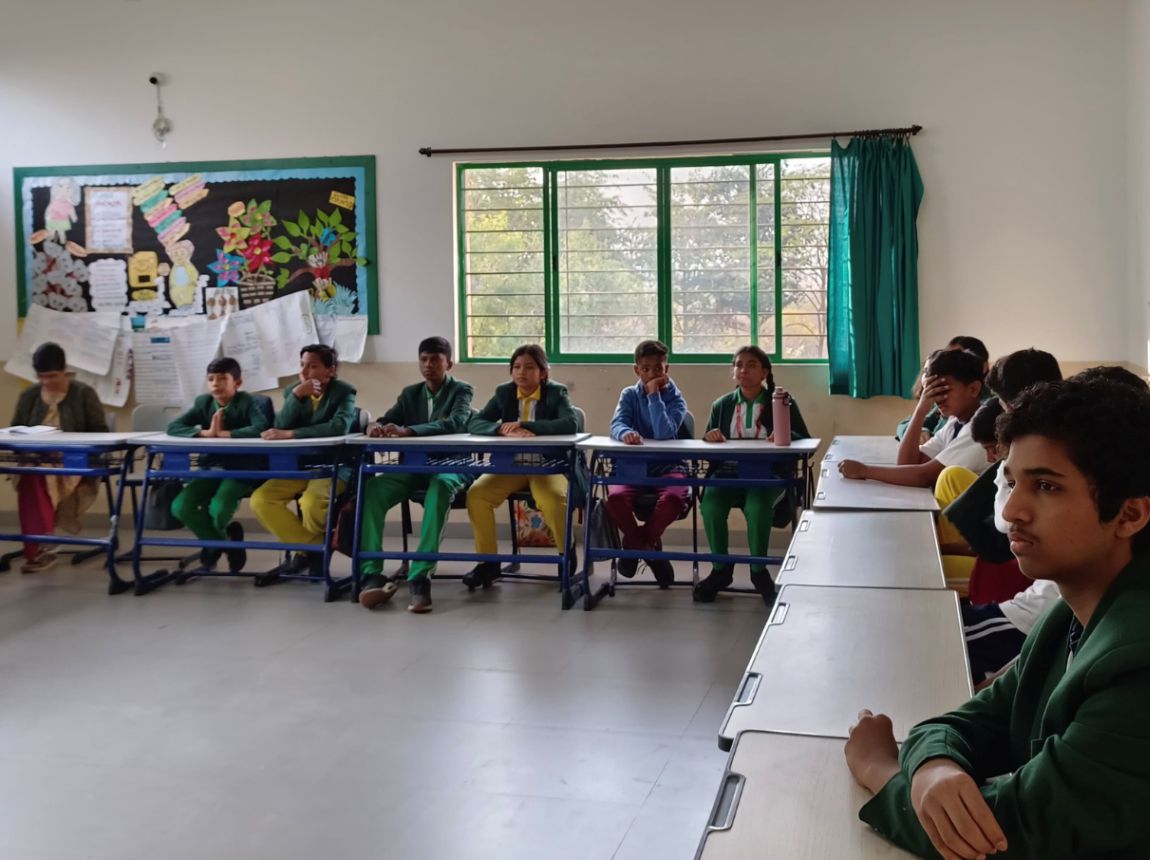
Each of the five schools were trained by RLC on the processes mentioned above.
Their case studies highlight the positive impact of these processes on creating student-centered, reflective, and collaborative learning environments.
The I CAN Foundation programme has contributed to greater student participation, increased ownership of learning, and a shift from passive to active engagement in classrooms.
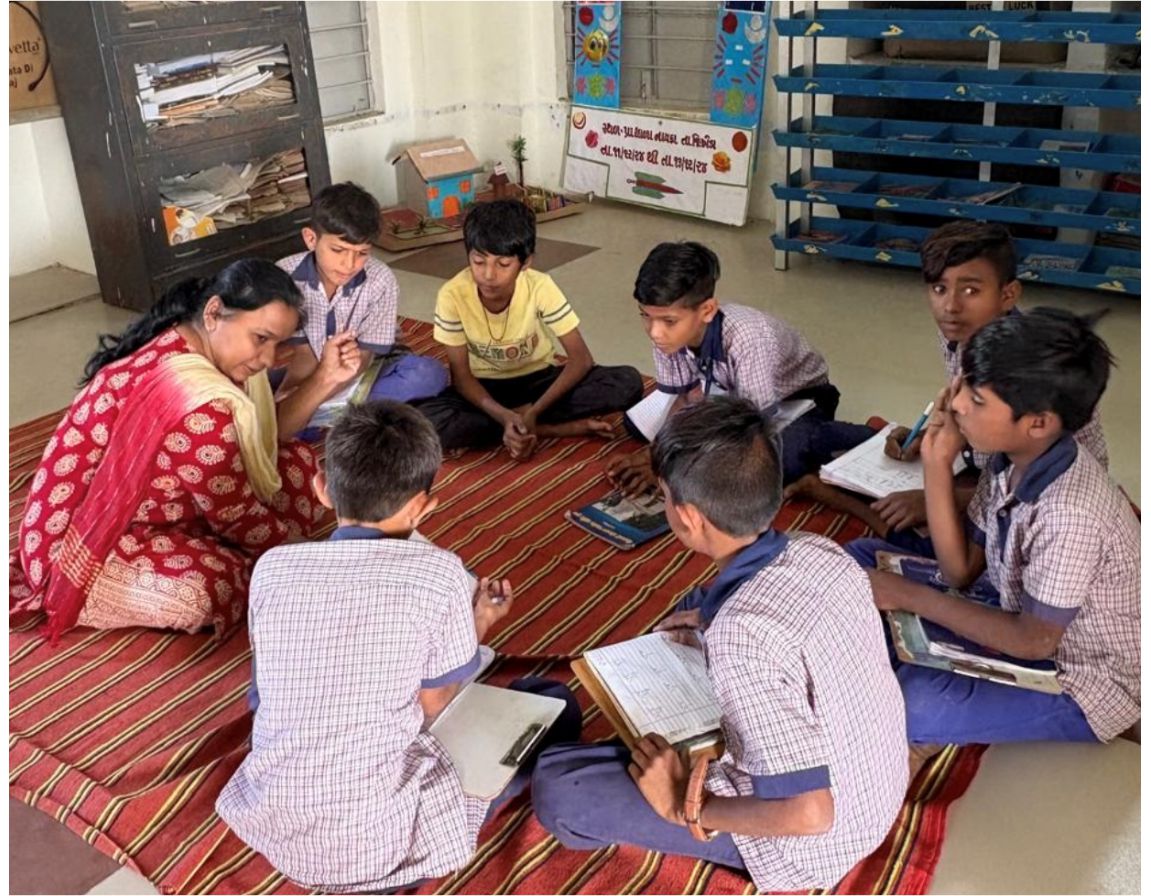
THE SCHOOLS INCLUDED IN THE STUDY
Place | Management | Duration of Engagement with RLC

Delhi Public School
Jodhpur | Private | 2 years

Chettinad Sarvalokka Education
Chennai | Private | 3 Months

Aagamaya Foundation School
Ahmedabad | Private Affordable | 8 Months

Naika Kumar Shela
Kheda | Government | 1 year

Alma Master School
Jodhpur | Private | >10 years
METHODOLOGY
The sampling of the schools for the study was determined by the Riverside Learning Centre (RLC) team.
The Sattva team conducted visits to each school to collect data through classroom observations and stakeholder interviews. Before the visits, each school shared a list containing the names of all teachers and students. On the day of the school visit, participants from both groups were randomly selected by the Sattva team from these lists to ensure anonymity and reduce selection bias.
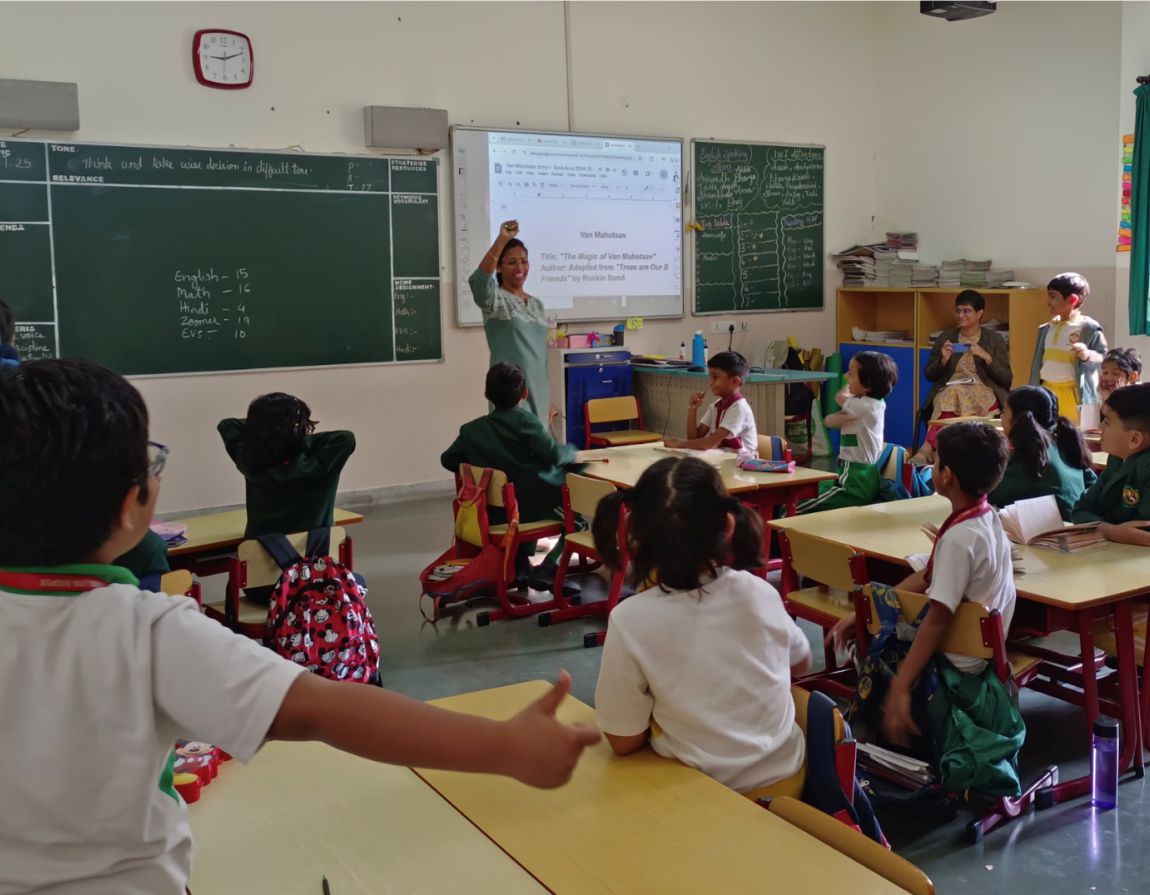
This approach provided a comprehensive understanding of how these processes were implemented in diverse contexts and offered valuable insights into understanding the impact of the I CAN Foundation programme.
This diverse sample allowed the study to examine the consistency and contextual adaptation of the three processes across diverse educational settings.
The box below outlines the amount of data collected through various stakeholders across the five schools.
Teachers: 30 interviews
Student: 36 interviews
School Leaders: 5 interviews
Support Staff: 5 interviews
Class Observations: 15 interviews
KEY FINDINGS
PROCESS WISE INSIGHTS
CONGLOM
Creates a safe, inclusive space for emotional expression, social bonding, and collective decision-making.
Strengthens peer relationships, empathy, and classroom culture, leading to a more connected and supportive learning environment.
Improvement in student communication and creativity skills.
Students feel more confident about expressing themselves and voicing concerns/issues that matter to them.
Better student-teacher relationships built on understanding and trust.
AGENDA SETTING & CTL
Fostering student ownership of their learning schedules.
Encourages teacher accountability an reflection, ensuring a more structure and participatory learning process in the classrooms.
Improves student engagement, focus, and preparedness. Strengthens reflection and feedback culture, allowing students to consolidate their learning.
Strengthens peer learning amongst students.
Teachers are able to understand the needs of diverse learners and adapt their lessons accordingly.
Improves self-awareness and critical thinking in students.
Stronger relationships as both students and teachers get to understand each others' perspectives, building more acceptance and appreciation.
BOARD PROTOCOL
Provides a clear structure for lessons, making learning more transparent, engaging, and student-driven.
Enhances comprehension and retention of learning topics in students.
Motivates students to actively participate, and supports them to become self-directed learners.
It enables both students and teachers to reflect on real-world connections to academic concepts.
Supports teachers to improve their lesson planning and facilitation, resulting more coherent and engaging sessions.
Eases classroom management, reducing the need to discipline students.
STAKEHOLDER WISE INSIGHTS
STUDENTS
Develop ownership of learning, become more independent and engaged and improve decision making skills. Strengthen self-awareness, critical thinking, and peer relationships through structured reflection and collaboration. Learn to connect academics to real-world applications, making learning more meaningful. Experience emotional growth - become more empathetic, self-aware, reflective, confident and mindful.
TEACHERS
Become more reflective facilitators, shift in practices leading to improvement in planning, facilitation and classroom management. Become more accountable and student-centred, using student feedback to refine teaching methods. Foster deeper relationships with students, leading to a more collaborative and engaging learning environment. Develop a more interactive approach to teaching, moving beyond textbook-based instruction.
SCHOOL LEADERS
Observe a positive shift in pedagogy, with teachers becoming more structured, reflective, and responsive. Experience increased student agency, participation, and engagement across classrooms. Witness a stronger school culture, where students and teachers collaborate in a more inclusive and collaborative learning environment. Recognise the long-term benefits of student-centred education, leading to better learning outcomes and school-wide transformation.
CONCLUSION
The case studies from the five schools reflect that the I CAN Foundation programme through the three foundational processes effectively led to a holistic, student-centred learning environment in each of these schools, with students taking charge of their learning, teachers acilitating more meaningful learning experiences, and schools being able to foster a culture of engagement, reflection, and collaboration.
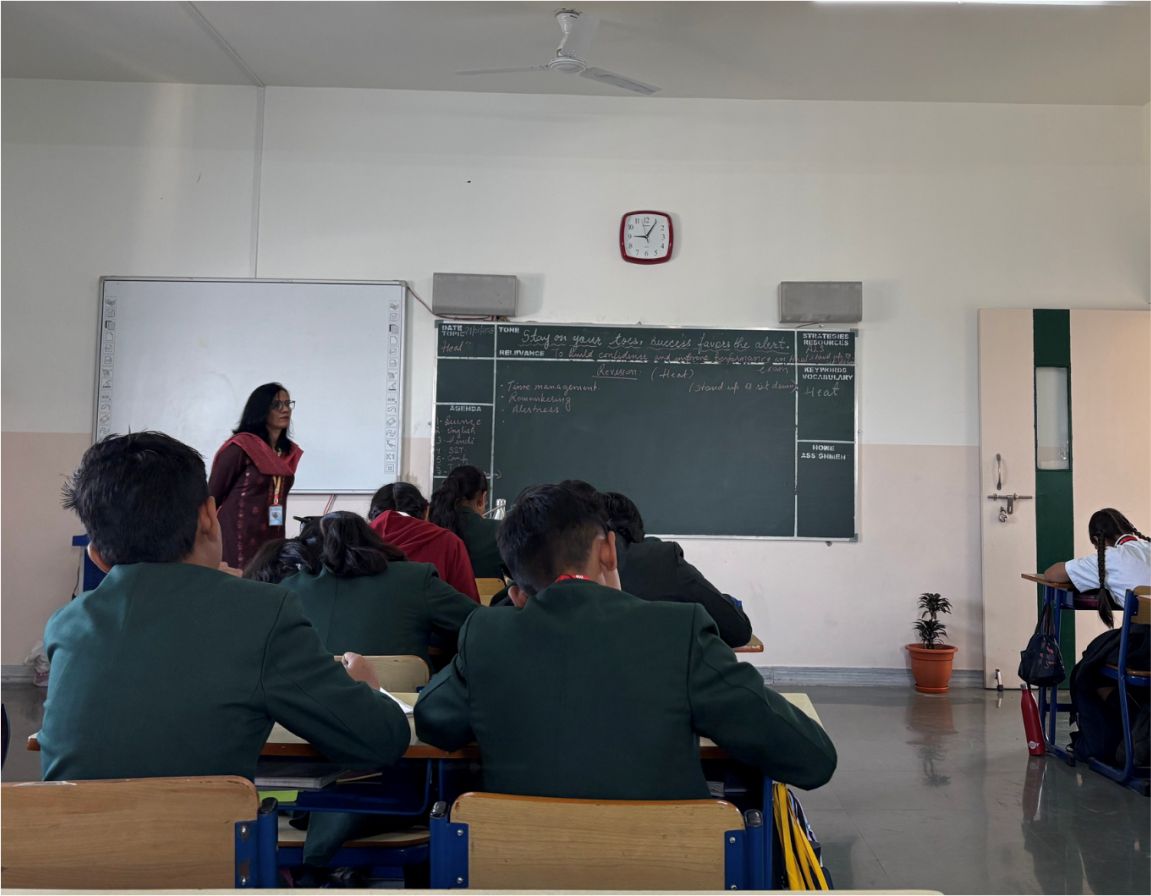
It is pertinent to note that all these changes focus on shifts in the mindsets and behaviours of both students and teachers. Further, diving into each process, we can conclude that each adds value and creates an impact on student behaviour, teacher practices and classroom culture in each of the five schools.
